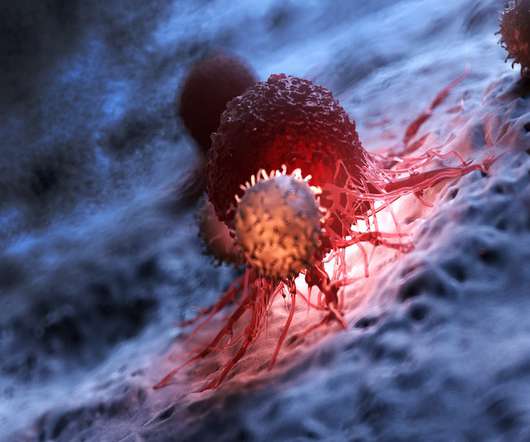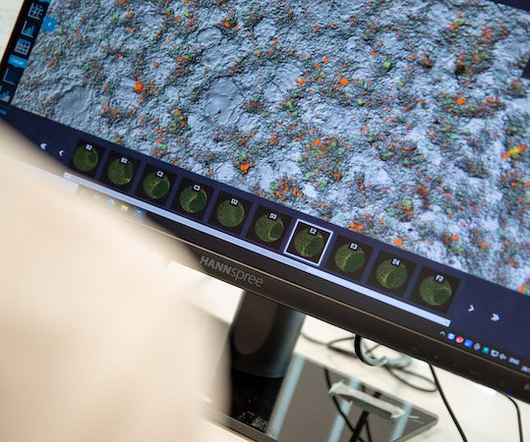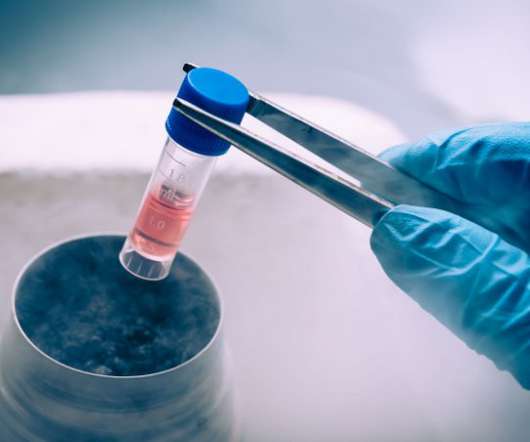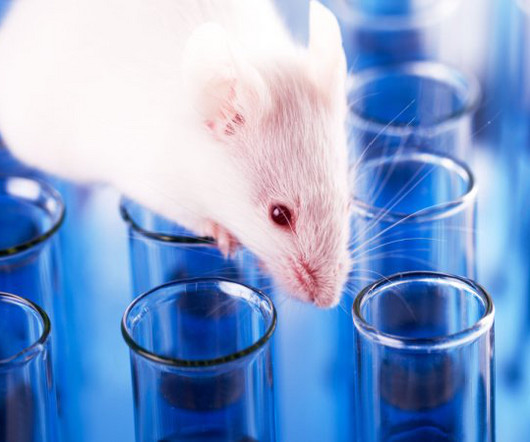How mice with humanised immune systems are advancing cell-based immunotherapy
Drug Discovery World
JULY 22, 2022
In vivo models, particularly HIS models, allow preliminary investigation of cell-based therapeutic strategies—often in combination with other therapeutic modalities—to overcome the limitations and challenges of T cell-based immuno-oncology treatments and identify effective options for clinical investigation. Jespersen et al.













Let's personalize your content